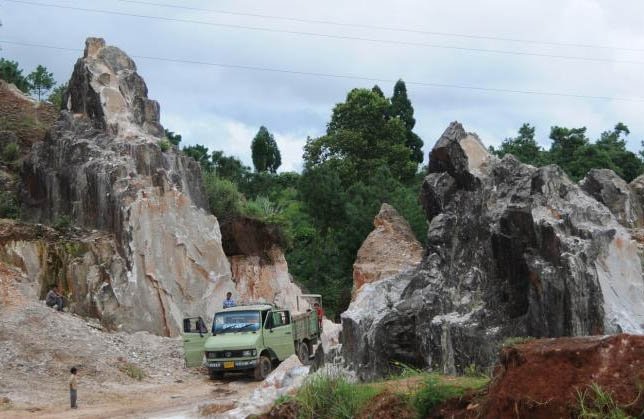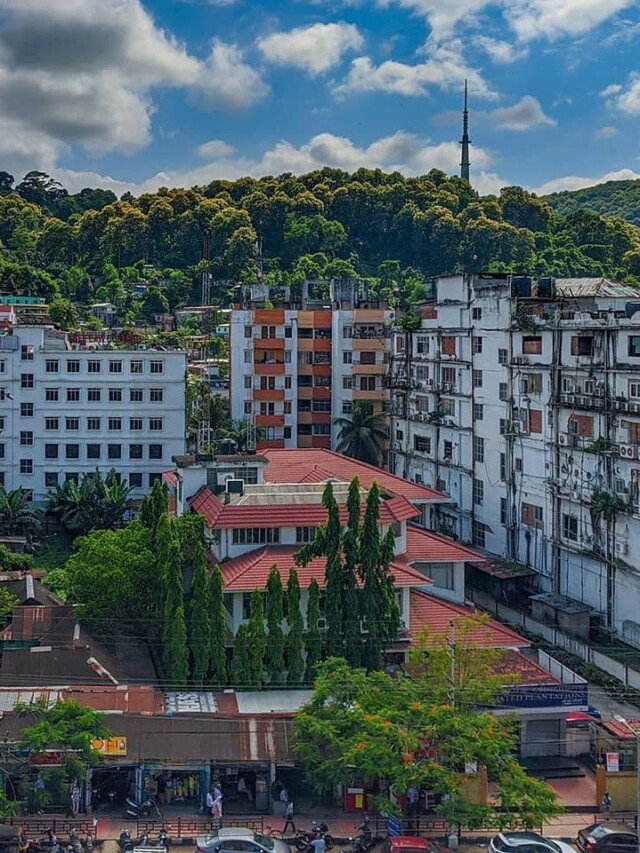SHILLONG, Sept 4: Except for the Shillong Municipal Board, the test checked urban local bodies (ULBs) and Town Committees in Meghalaya lacked Common Bio-Medical Waste Treatment and Disposal Facilities (CMBWTF) as required by Bio-Medical Waste (BMW) Rules, 2016 resulting in improper disposal practices that pose risks to public health and environmental contamination.
According to the report of the Comptroller and Auditor General of India (CAG), the BMW in Tura was either disposed of in the deep burials available in Rongkhon Songittal, the dumpsite of Tura or in the deep burials of the respective hospitals.
In Jowai and Nongpoh, BMW was disposed of by the hospitals concerned and was not collected by the JMB and Nongpoh Town Committee.
During the JPV of Rongkhon Songittal, the dumping site of Tura Municipal Board, it was noticed that BMW such as syringes, ampoules etc, were openly dumped.
“Improper disposal of BMW would not only affect public health but also lead to contamination of the surrounding environment,” it said.
Further, the report stated that despite an increase in bio-medical waste (BMW) generation from 2017 to 2020, treatment by Common Biomedical Waste Treatment Facility (CBMWTF) surged from 37 per cent to 76 per cent, while captive treatment declined.
However, scrutiny revealed operational issues with the sole CBMWTF in Shillong, casting doubt on the accuracy of reported data provided by MSPCB to CPCB.
There was an increase in the generation of BMW from 2017 to 2020.
Also, the treatment of BMW by CBMWTF increased from 17 per cent to 76 per cent while the captive treatment was shown to have decreased by 63 per cent to 24 per cent, it said
Further, during the years 2019 and 2020, an amount of 313.9 kg/day (25 per cent) and 367.8 kg/day (24 per cent) were shown to be treated by CBMWTF.
Scrutiny of records, however, revealed that from August 2018 to March 2021, the only CBMWTF in Shillong was not operational. Hence, MSPCB provided unverified information to CPCB resulting in the compilation of incorrect reports which raised questions about the reliability of data maintained by MSPCB, the report said.
Meanwhile, the CAG also stated that healthcare facilities in Meghalaya showed a gradual decrease in unauthorized status from 2017 to 2020 under the Bio-Medical Waste Management Rules 2016, but MSPCB should ensure compliance with BMW Rules, 2016 by all the healthcare facilities in the state. (NNN)












